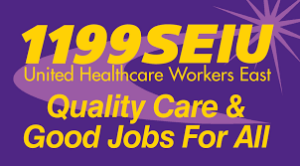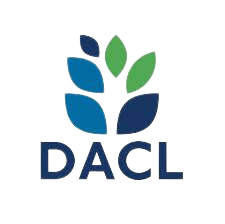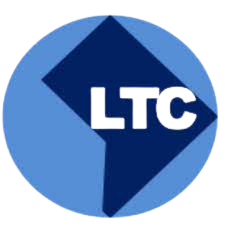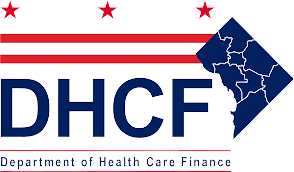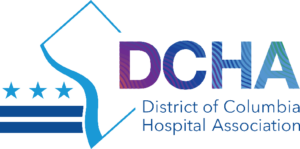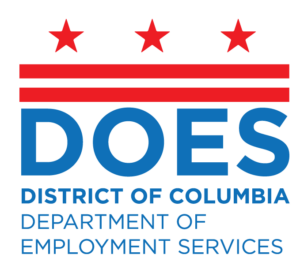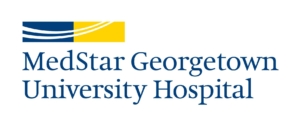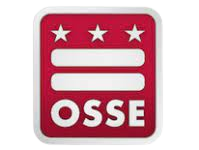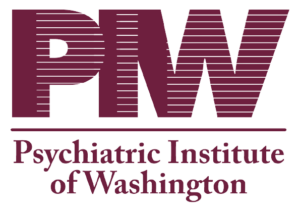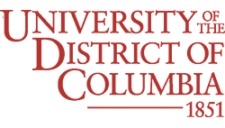Highlights of the District’s Work-Based Learning
The DC Health Care Workforce Partnership meeting, March 29, focused on work-based learning as an essential workforce development strategy to support the continued work of the Partnership’s Shared Priorities.
Presentations were given by:
- DC Department of Employment Services, Office of Apprenticeship, Information and Training
- DC Office of the State Superintendent of Education
- Institute for Public Health Innovation
- DC Workforce Investment Council
DC Department of Employment Services, Office of Apprenticeship, Information and Training
Presenter: DeSean Lawson
The presentation focused on the importance and benefits of apprenticeships for the District and illustrated the need for the health care sector to prepare for the workforce of the future by using the apprenticeship model, which has historically been an effective and successful way to recruit, train and retain highly skilled workers.
If you would like to learn more about how DOES can help start an apprenticeship program, email Lewis P. Brown or DeSean Lawson.
DC Office of the State Superintendent of Education
Presenter: Kilin Boardman-Schroyer
This presentation touched on the Career and Technical Education (CTE) Program as well as the launch of the DC CTE Advance Technical Center, which is a central location for students to participate in CTE programs while remaining enrolled in the high school of their choosing.
If you would like to learn more about the Advance Technical Center or the CTE program, email Kilin Boardman-Schroyer.
Institute for Public Health Innovation
Presenters: Abby Charles, Nephtalie Dorceus and Christine Stewart
The IPHI team shared information about the importance of a Community Health Worker training institute for the health care sector in the District.
To learn more about the Community Health Worker Academy, email Nephtalie Dorceus.
DC Workforce Investment Council
Presenter: Suzanne Towns
This presentation highlighted the Talent Development Technical Assistance (TDTA) initiative’s goals, which are to increase the number of District employers who implement inclusive talent development practices, resulting in stronger business and economic growth, and to ensure more District residents without a four-year college degree obtain employment in high demand, good jobs.
To learn more about the Talent Development Technical Assistance Initiative, email Suzanne Towns.

